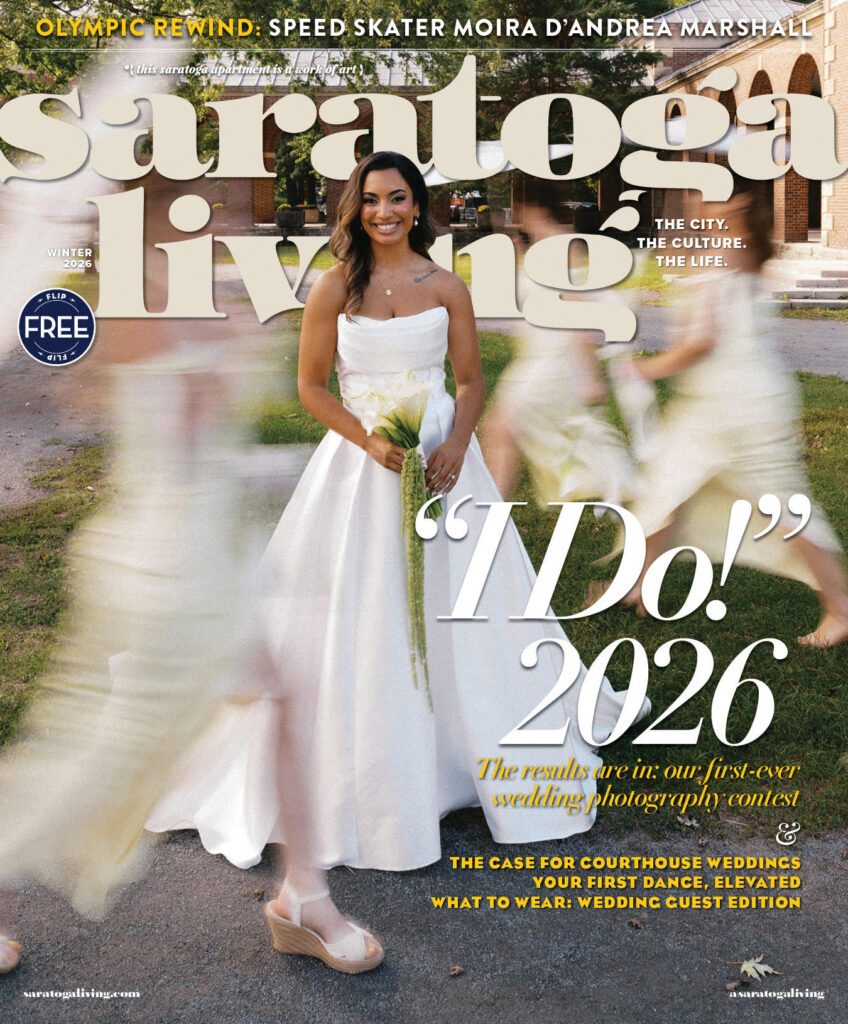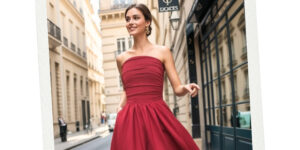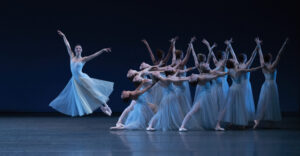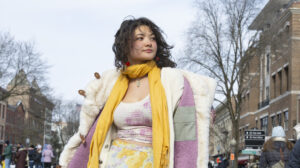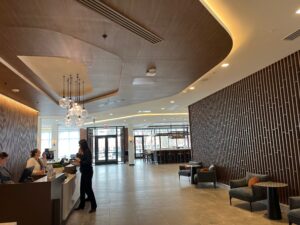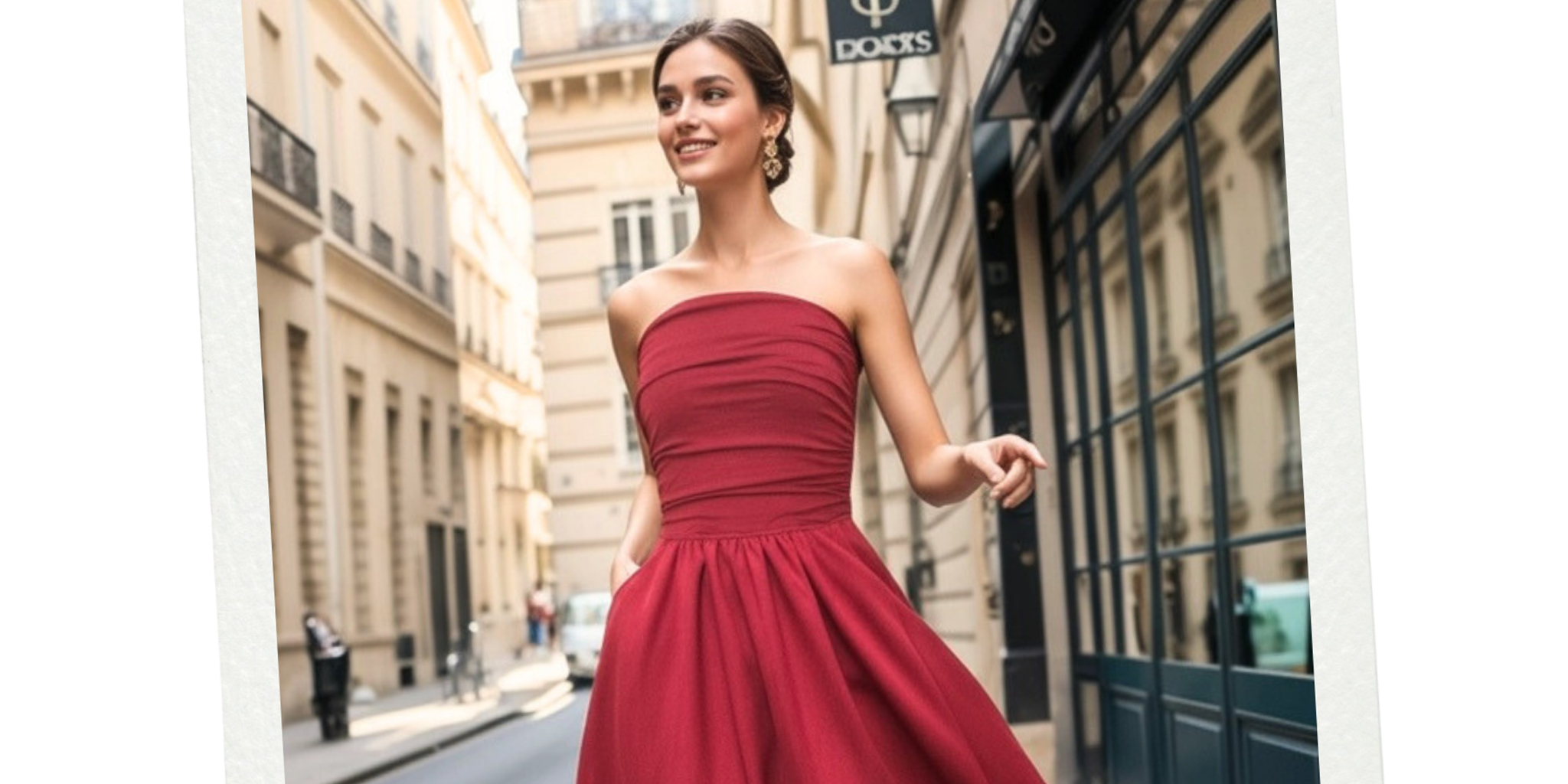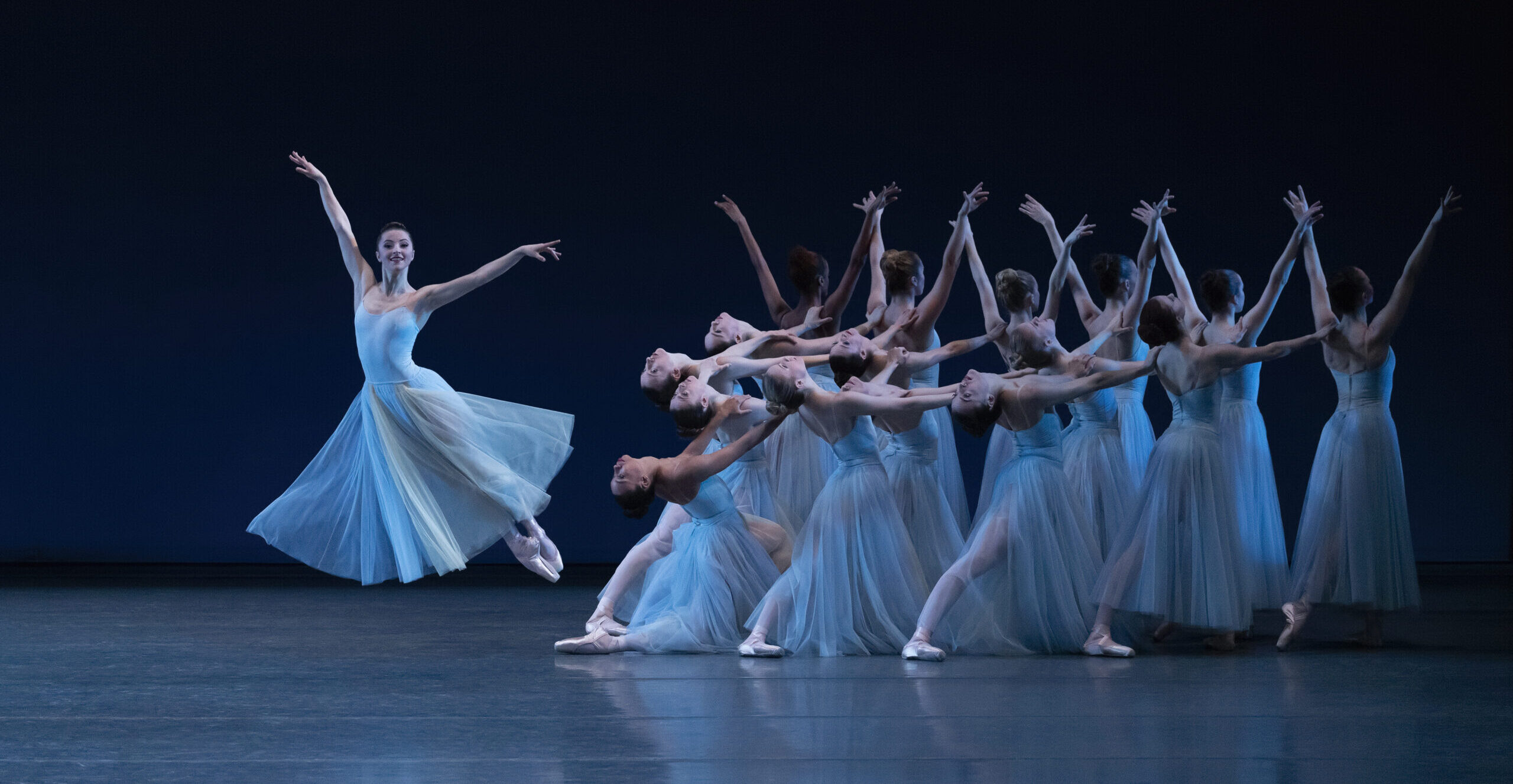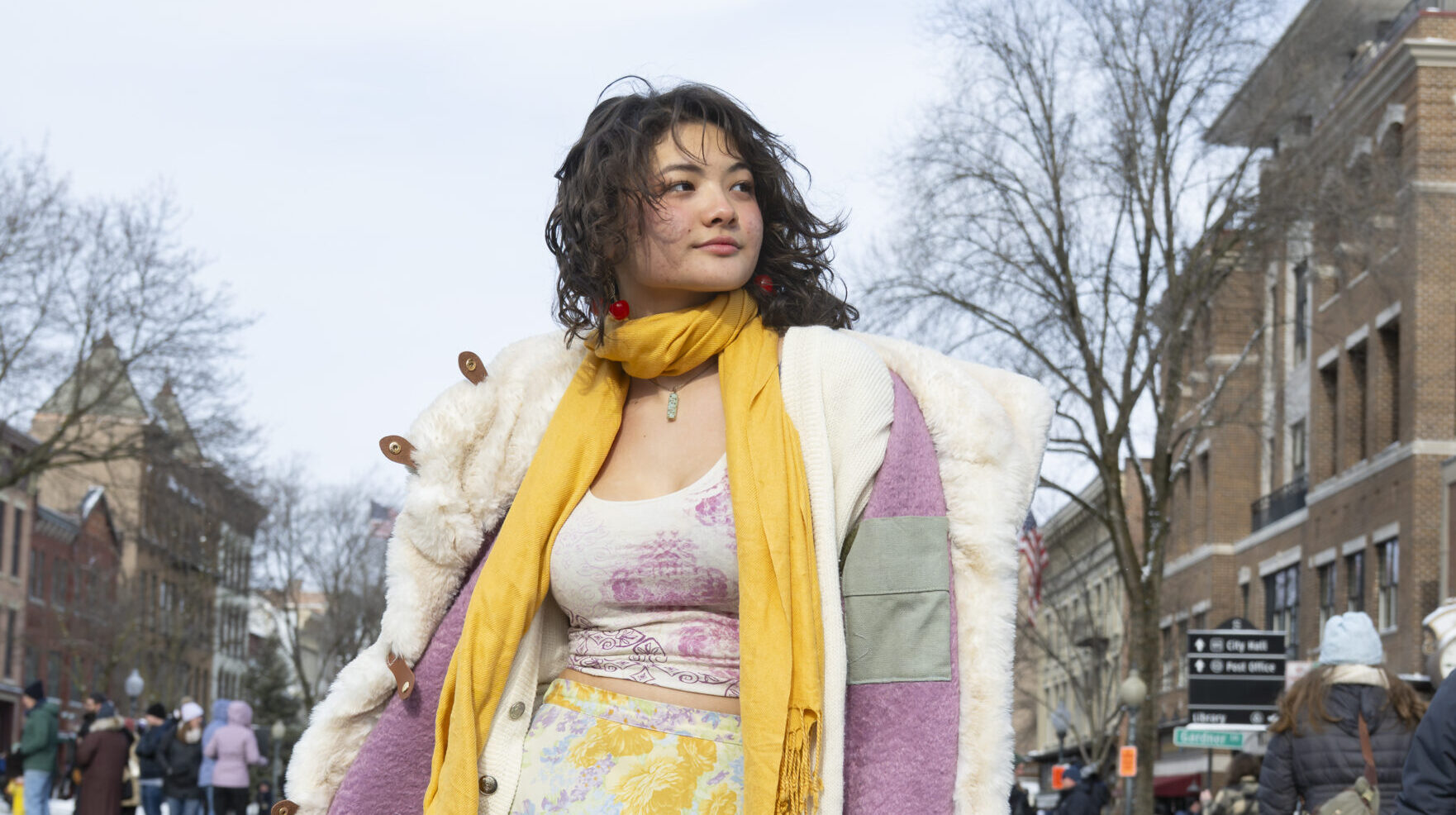In preparation for saratoga living‘s 20th Anniversary issue, one of my tasks as Executive Editor was to come up with a master-list of all the famous people that were born and raised in Saratoga Springs and the Capital Region. What came out of that brainstorming session was a pair of lists: “The Pride of Saratoga” and the “SL Hall of Fame.”
Of course, the first person that I thought of was David Hyde Pierce, the Emmy Award-winning actor who portrayed Dr. Niles Crane on NBC sitcom, Frasier. Pierce and I both graduated from Saratoga Springs High School—decades apart, of course—but I felt that we had a bit of common ground to base a conversation on, so I did my utmost to track him down. Luckily, I found him and soon enough, Pierce was on the other side of the phone line. Here’s what he had to say. (Shorter versions of some of these quotes ran in the original feature.)
What were your Saratoga friends like? Are you still in contact with any of them?
Boy, I have such a range of Saratoga friends, from kids I grew up with to all the people who were friends with my mom and dad and with my siblings, to people from my church [Bethesda Episcopal Church] and teachers from Skidmore. I just have so many connections there, and fortunately, I’ve been able to sustain many of them. My friendships from Saratoga are an important part of my life.
Do you still consider yourself a Saratogian?
[pauses] I would say, “You can take the boy out of the stable, but you can’t take the stable out of the boy.”
You attended Saratoga High School in the ’70s. Do you remember what was on the radio back then? Did you have a clique, or did you just keep to yourself?
I was in the drama club, the choir, and I played the piano for the orchestra, so I was very involved in the music and drama program. My clique was all those people—artists and musician types. And what was playing on the radio? Beethoven and Bach. I always listened to WMHT and WAMC, the classical music radio stations.
You’ve said in the past that Jeff Vredenburg was one of the people that got you interested in a career in the arts. Can you speak to that a bit?
The story with Jeff Vredenburg is: I was a sophomore and skipping gym class and playing the piano in a practice room instead, and Jeff Vredenburg heard me and said, “Well, do you want to come play for the choir?” instead of saying, “Why aren’t you in gym?” Looking back, I can’t tell you how important that moment was. Because another teacher might’ve said, “What the heck are you doing here?” I ended up loving playing for the choir and instrumentalists all through high school. Allan Dennis, who led the orchestra then, was also a similar influence. Those are two people I’ve stayed in touch with over the years. I can’t exaggerate how important their inspiration and example was to me back then, and continues to be.
Take me back to your senior year of high school. What was going on in your life? For you to have won the Yaddo Medal, my guess is you had a lot going on.
The deal with the Yaddo Medal was that I have a brother and two sisters, and they’d all won that medal over the years. One thing I specifically remember is having my mom and dad stand up at that graduation ceremony where they presented that award. You don’t know that you’re going to get it ahead of time, and there’s enough spread between my brothers and sisters and I, age-wise, that that award wasn’t even on my radar. It clearly said so much about who my mom and dad were, the fact that all four kids merited this award. My senior year was a year of a lot of fun and music-making. I remember there’s a great Beethoven piece called the Choral Fantasy, which is a piece for piano and orchestra and chorus, and I played that piece with all my friends who I’d been playing for with the choir and orchestra. Here we were, altogether, in the auditorium, playing this really glorious piece. Jeff Vredenburg conducted the choir, and Alan Dennis conducted the orchestra, and it was a great celebration and send-off.
I read that you got the part on Frasier, because you looked like Kelsey Grammer. I can imagine you also had to nail the audition. Do you remember what you read for it, and who was in the room with you?
I totally remember, because I didn’t read for it and I didn’t audition. They had seen me on another TV show and brought me in, and it was the three guys that created the show and the casting director. They said, “Well, we’re thinking about having a brother for Frasier, and all we know is since Frasier went to Harvard, then his brother would go to Yale, and that since Frasier is a Freudian, then his brother would be a Jungian.” I said, “OK,” and went home and called my agent, and said it seemed to go well. And she said, “It must’ve gone well, because they offered you the part.” That was after years and years of auditioning for things, mind you. It was nice to finally not have to audition.
I assume you interacted on a daily basis with Kelsey. He was already a huge star at the time from Cheers. Did you guys bro-out at the bar or talk politics?
I can tell you that we did not talk politics. That whole cast was very close. We were always doing stuff at each other’s houses; that sort of becomes your social life when you’re on a TV show like that. We were there for each other’s weddings and babies being born, through the loss of parents. All those things that happen in life. Because we were working for 11 years, and that’s a lot of life that happens. I don’t think we went to bars, because Kelse wasn’t drinking, and like I said, no politics.
You’ve acted with some of the greats in TV and movie history. For instance, what was it like working with the late Robin Williams in The Fisher King? What about your friend and Frasier co-star, John Mahoney, who we recently lost?
I didn’t really have anything to do with Robin in The Fisher King, but I really got to watch and work with him years ago on Broadway, when he did a production of the Beckett play, Waiting for Godot. It starred Robin and Steve Martin. I was an understudy to another great actor, Bill Irwin, who was in the show, and I got to sit through rehearsals and watch Robin Williams and Steve Martin—directed by Mike Nichols—go through their antics. That was a masterclass and a half, so I loved that. Robin was a great man. And John Mahoney was also a great man, and I know that, as sad as I am that he’s gone, not long before he passed away, he was onstage acting in Chicago, which is where he would always want to be. He was certainly was doing what he loved right up until the end.
You’ve had a busy career in theater. What’s the biggest difference for you between the stage and the silver and small screens? Do you feel more comfortable on one compared to the other?
I lucked out, because I started out in the theater. Most of my training before anybody knew who I was was doing theater in New York and around the country. So by the time I went out to do TV…the thing about Frasier was, it was really like doing a play. [The episodes] were written like plays, all of my fellow actors were theater actors and we performed it in front of a live audience. I wasn’t very used to cameras, and the few movies I had done, I found that very weird, the whole process of making movies. But over the course of 11 years of doing Frasier, in a format that felt like doing theater, I got used to cameras, because there happened to be these giant cameras in your face while you’re doing it. But you don’t really notice, and you forget about them, because you’re playing for a live audience. I always prefer a live audience to any other form. I just like that interaction. I guess I got the best of both worlds in Frasier. And also there’s more money in television.
Does Hello, Dolly! feel like a second wind for you, or just another part of an already successful career?
Hello, Dolly! is its own thing. That particular show, and especially with Bette Midler, but also the production, the cast, the design—every element about it—is and was unique. We’re bringing it to a close in August—Bette and I are going back in—and I think part of the reason that they’re not just going to run it with whoever they can get back into it is that everyone feels like it was a special event. We had us, we had Bernadette Peters and Victor Garber, these great performers in this one-of-a-kind, special moment in theater. It stands out. You know what? I’ve had lots of one-of-a-kind moments in my career; I’ve been very blessed. But this is certainly one that is to be remembered and cherished.
You came out in 2007. Was it a weight lifted or gained?
[pauses] I would say it was an inevitable step. I didn’t consider myself “in the closet” in my daily life and with the people I worked with, but the more well-known I became, the more my innate desire for privacy started to conflict with a feeling of responsibility to the larger community. I guess that finally reached a tipping point, where I thought, “I have to talk about this.” And so I did.
Alzheimer’s Disease has been your big cause over the years. What got you involved, and how has it changed your life?
I got involved in the fight against Alzheimer’s, because my grandfather—my mom’s dad—had Alzheimer’s. I got involved with the Alzheimer’s Association, and they drafted me to go testify before Congress, and I worked nationally with the organization, and locally, in Los Angeles and here in New York. My own dad was subsequently diagnosed with dementia, so it’s been a part of my family. I see it everywhere as we all do, so my initial connection to it was personal. But my continuing connection to it is global. I would say one of my great regrets about where our political world is right now is that to me, the focus on that fight has gotten lost, nationally. That is a tragedy.
I’m sure your tremendous success has been hard on Maris. What’s she doing these days, and are you still in contact with her?*
I haven’t spoken to Maris in a long time. I think she’s a waitress in a bar.
—
*For those unfamiliar with the plot of Frasier, Maris was Pierce’s character’s (i.e. Dr. Niles Crane’s) fictional wife (and subsequent ex-wife), whom he discussed constantly during the series. She never made a single appearance in the show.






